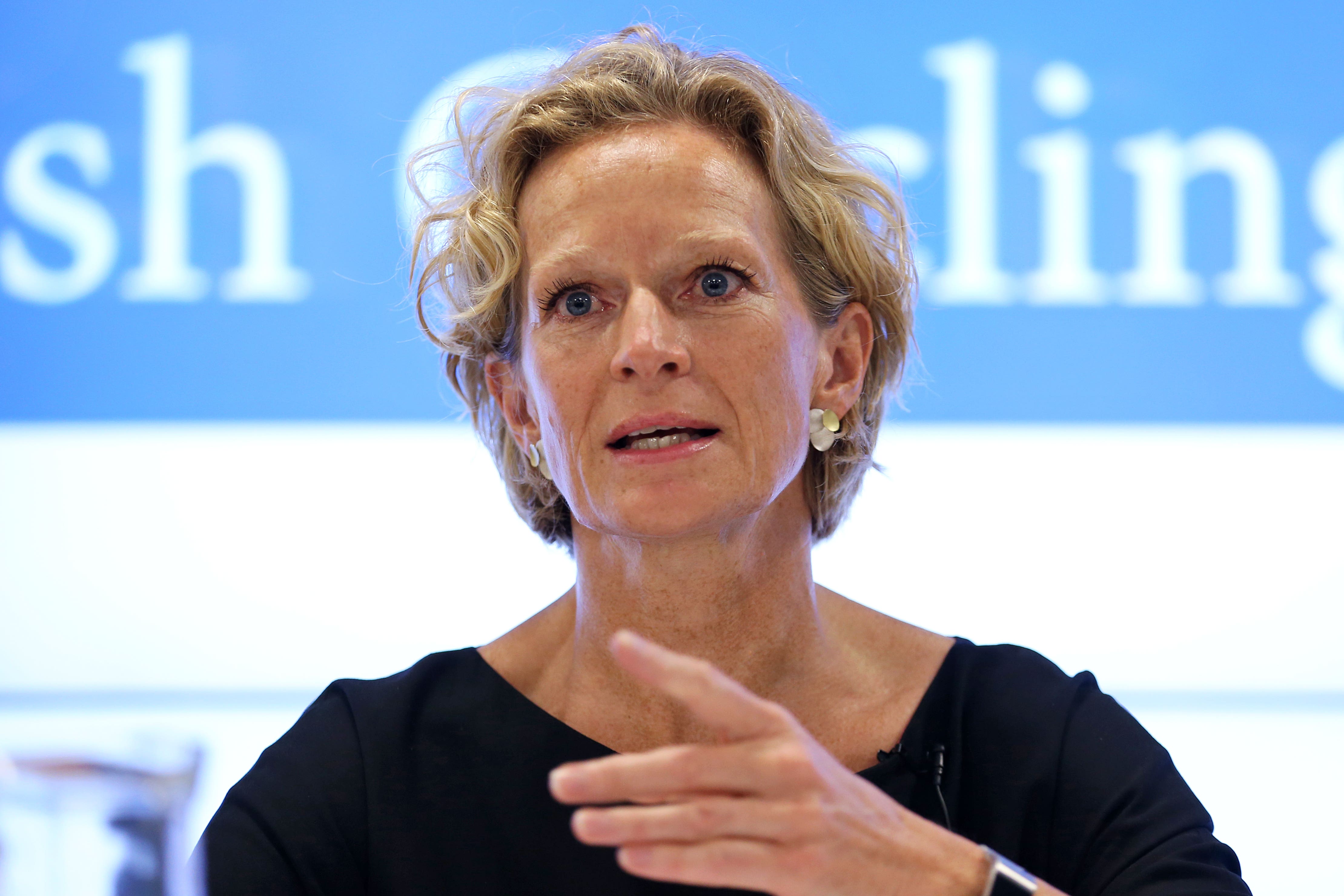Annamarie Phelps still concerned about gender equality at grassroots level
BOA vice-chair Phelps competed in the women’s eight at the 1996 Atlanta Olympics.

Your support helps us to tell the story
From reproductive rights to climate change to Big Tech, The Independent is on the ground when the story is developing. Whether it's investigating the financials of Elon Musk's pro-Trump PAC or producing our latest documentary, 'The A Word', which shines a light on the American women fighting for reproductive rights, we know how important it is to parse out the facts from the messaging.
At such a critical moment in US history, we need reporters on the ground. Your donation allows us to keep sending journalists to speak to both sides of the story.
The Independent is trusted by Americans across the entire political spectrum. And unlike many other quality news outlets, we choose not to lock Americans out of our reporting and analysis with paywalls. We believe quality journalism should be available to everyone, paid for by those who can afford it.
Your support makes all the difference.Olympian and world rowing champion Annamarie Phelps is wary that too much attention paid to progress at the elite levels of women’s sport could “fool” British girls into settling for a status quo that still leaves much to be desired.
Phelps competed in the women’s eight at the 1996 Atlanta Olympics, three years after she claimed world gold in the lightweight coxless fours.
Since retiring, the 56-year-old has amassed a lengthy CV of leadership roles and has served as the vice-chair for the British Olympic Association for the last six years, also chairing the European Olympic Committees’ gender equality, diversity and inclusion commission since October 2021.
Last summer she became co-chair of the International Working Group (IWG) on Women & Sport, with Britain now entering its second year as host nation for the global secretariat, which relocates every four years.
“When I was growing up in the 1970s the only women’s sport that was on was gymnastics, and that was once every four years at the Olympic Games,” Phelps told the PA news agency.
“So it’s fantastic we’re seeing women’s football, women’s rugby, women’s cricket. I think we have to be careful not to celebrate the top end as being the be-all and end-all. I think it’s absolutely fantastic, of course.
“At the IWG, we’re looking across across the whole gamut of women’s sport, both globally and top to bottom from grassroots to elite. And yes, we’re doing an amazing job in this country at celebrating women’s sport and having it on TV, like the Women’s Super League.
“But if we look down at the grassroots level, at the bottom end, I still don’t think young girls have enough opportunity to play football or just to do any sport of any sort. They tend to be scheduled at the worst times on the worst pitches, and we look at some of the sports coverage on TV, quite often the women’s will be on the red button and the men’s will be primetime.
“Every little step helps, but we don’t want to fool these young girls who are so enthusiastic in their sport about how great women’s sport is now when there are still so many issues, particularly in the media and the visibility of sport in the printed press. As much as anything, it’s still appalling.”
Last February, the UK finished second in the international rankings for representation on boards at FTSE 100 level, with nearly nearly 40 per cent of roles held by women. That number echoes data released by Sport England and UK sport in 2019, which showed women occupied an average of 40 per cent of board roles across the two organisation’s funded bodies.
That number dropped significantly when it came to football, with a 2021 study by equality advocates Fair Game revealing women represented 11.1 per cent of board members in the Premier League.
Phelps credits the late Di Ellis, her “inspirational” predecessor as chairman of British Rowing, for “tapping her on the shoulder and pushing” for the former Olympian to take up the post.
But simply getting a seat at the table, cautioned Phelps, is not enough.
It's one thing to be there, it's another to actually try and change people's minds
“It’s about actually giving them the space to be heard,” she added. “It’s about helping them to actually enact what they are saying. It’s one thing to be there, it’s another to actually try and change people’s minds, and that’s quite a slow process.
“It changes the conversation, it opens up things, and it helps the men around the table to wonder why this didn’t happen before now. We’re much more likely to have a conversation on a different level and to raise different questions, and to drill down into some of the details and not be afraid of asking the basic sort of stupid question that everyone else is sitting around thinking.
“Women will say, ‘look, can we just put this on the table and have a conversation around it?’
“It’s been quite a journey. We’ve got a huge way to go, but we’re getting there.”